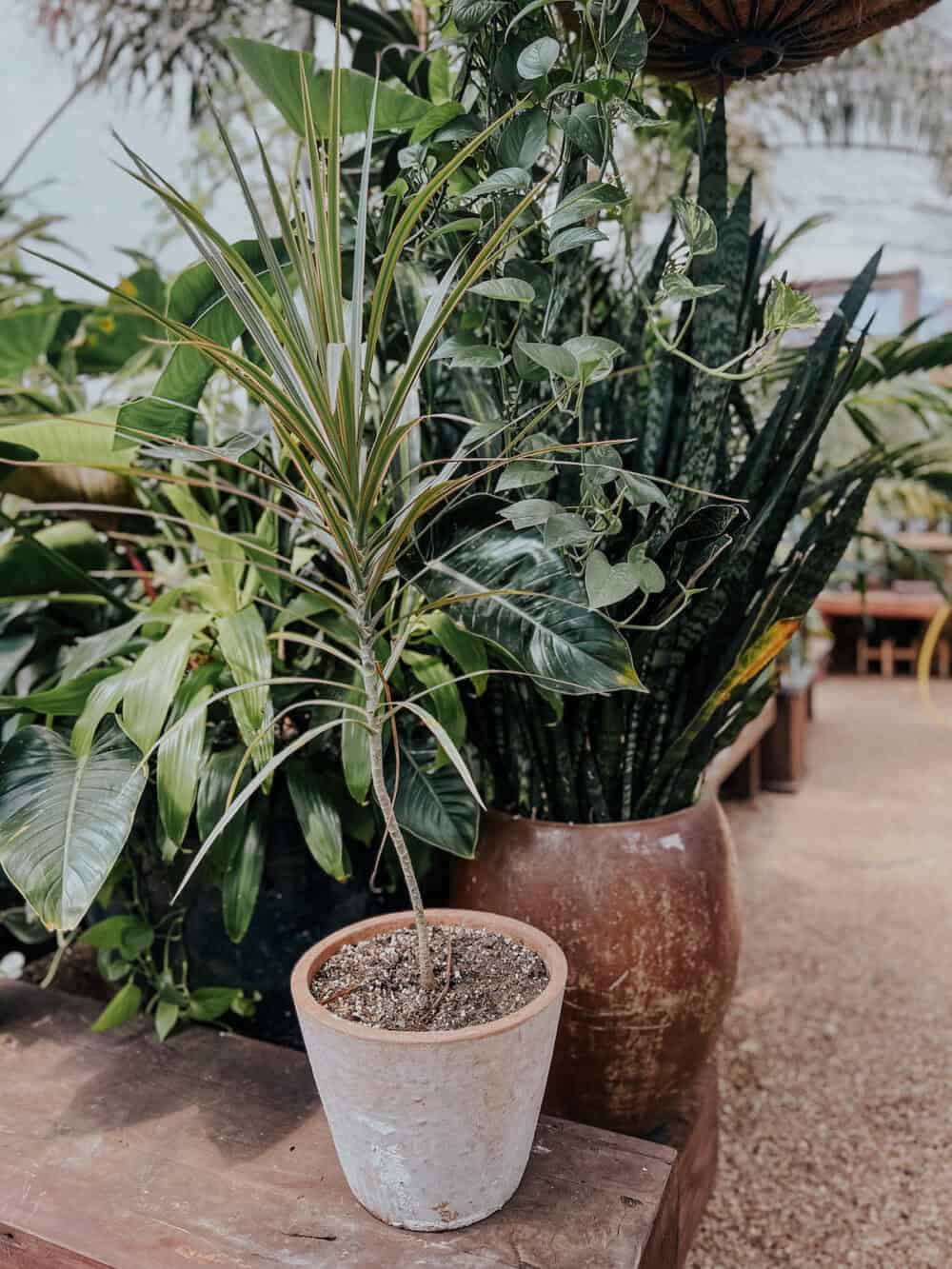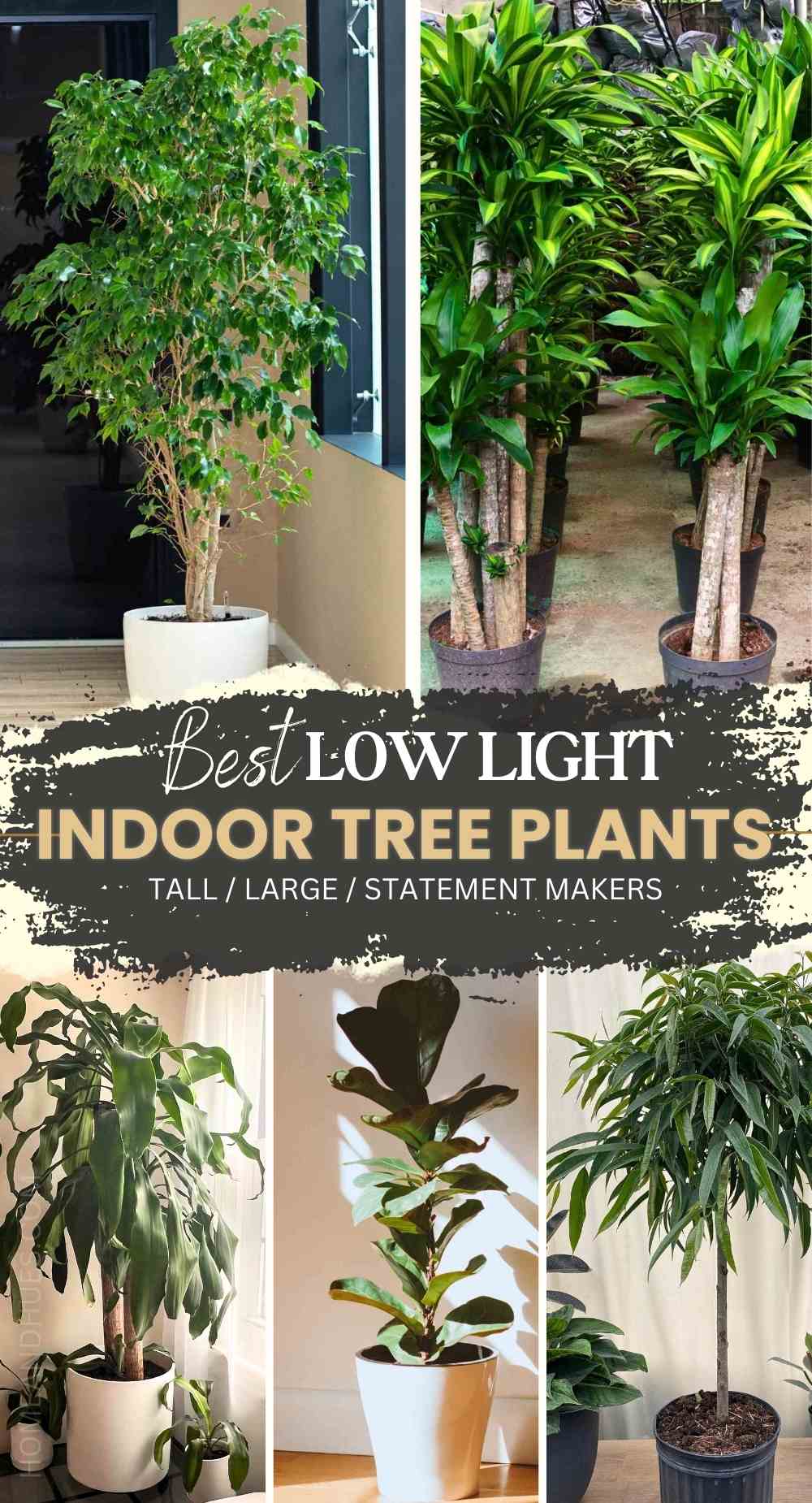How to Choose the Best Low-Light Indoor Plants for Your Interior Design Needs
How to Choose the Best Low-Light Indoor Plants for Your Interior Design Needs
Blog Article
Transform Your Home With Beautiful Low-Light Indoor Plants and Their Advantages
Integrating low-light interior plants right into your home can dramatically improve both the aesthetic and environmental top quality of your home. These plants, which thrive in dim conditions, serve not only as decorative elements but also as natural air purifiers, making them ideal for urban dwellers or those with limited sunshine exposure. As we check out the numerous sorts of low-light plants and their benefits, you may find unusual methods to integrate them right into your home that can change your environments in means you might not have prepared for.
Benefits of Low-Light Plants
Low-light plants use numerous benefits for interior environments, making them an exceptional selection for both beginner and knowledgeable garden enthusiasts. One of the primary benefits is their adaptability to low-light conditions, allowing people to boost their living spaces without the need for considerable sunlight direct exposure. This characteristic makes them ideal for houses, offices, and various other locations with minimal natural light.

Additionally, incorporating low-light plants into home decoration can raise the aesthetic charm of a space. Their rich foliage and differed appearances produce a calming atmosphere, adding to general well-being. The visibility of plant has actually been linked to reduced stress degrees and improved efficiency, making low-light plants a useful selection for enhancing both physical and mental health and wellness in indoor setups.
Top Low-Light Indoor Plants
While several interior plants prosper in brilliant light, numerous varieties are specifically well-suited for low-light problems, making them perfect for different indoor areas. One popular selection is the Serpent Plant (Sansevieria), recognized for its striking upright fallen leaves and durability, needing very little treatment. One more excellent option is the Pothos (Epipremnum aureum), which includes heart-shaped fallen leaves and can trail perfectly from hangers or racks, growing in low light and adding a lavish touch.
The ZZ Plant (Zamioculcas zamiifolia) is commemorated for its shiny leaves and ability to stand up to forget, making it perfect for busy way of lives. Similarly, the Peace Lily (Spathiphyllum) not only endures reduced light yet also produces sensational white blossoms, enhancing any kind of room's aesthetic.
For a special touch, take into consideration the Cast Iron Plant (Aspidistra elatior), which without a doubt meets its name, thriving in the darkest corners of your home. Last but not least, the Chinese Evergreen (Aglaonema) uses a variety of leaf patterns and shades while being incredibly flexible in low-light conditions. These plants not only improve indoor atmospheres however additionally add to air purification, enhancing your home.
Care Tips for Low-Light Plants

Sprinkling practices are essential; these plants often choose slightly dry conditions. Overwatering can result in root rot, so make certain that the top inch of dirt is dry before sprinkling again. Usage pots with water drainage holes to permit excess moisture to get away.
Humidity is one more essential variable. Numerous low-light plants, such as brushes and peace lilies, take advantage of higher moisture degrees. To boost humidity, take into consideration misting the leaves or putting a tray of water near the plants.
Fertilizing ought to be come close to with care. Throughout the growing period, make use of a watered down, balanced fluid plant food each month to support development, yet prevent fertilizing throughout the inactive winter season.

Imaginative Ways to Display Plants
Interior plants can work as fascinating focal factors in any straight from the source type of area, improving both aesthetic allure and ambiance. Creative displays can elevate the visual effect of low-light plants, making them an integral part of your home decor. One effective method is to utilize tiered plant stands, which enable you to display numerous plants at differing heights while making the most of flooring room.
Hanging planters are an additional innovative choice, developing a sense of depth and drawing the eye upwards. Consider macramé hangers or wall-mounted shelves to introduce a distinct appearance and style.
For an extra structured strategy, use geometric terrariums or glass containers to house your plants, including a contemporary touch to your interior garden. You can also repurpose classic things, such as teacups or wood pet crates, for a diverse screen that reflects your individuality.
Enhancing Home Setting With Plants
Integrating low-light plants into your home not just improves aesthetic allure however likewise adds significantly to the total atmosphere. These plants serve as natural decor aspects, introducing a feeling of harmony that can transform any area. The presence of plant cultivates a calming ambience, which is especially advantageous in high-stress environments such as home workplaces or living spaces.
Low-light plants, such as snake plants, pothos, and ZZ plants, are not only aesthetically pleasing but likewise boost interior air high quality by filtering contaminants. This twin feature enhances the setting better, developing a much healthier space (Best low-light indoor plants). The tactical positioning of these plants can likewise influence the assumption of room; as an example, tall plants can attract the eye upwards, making ceilings appear higher and rooms more spacious
In addition, differing textures and colors of foliage include deepness to indoor layout, permitting innovative expression in home styling. Whether put on shelves, in edges, or as centerpieces, low-light plants can elevate the state of mind of any room. In recap, integrating these plants into your home is an effective way to cultivate a cozy, inviting ambience while profiting of boosted air top quality and aesthetic convenience.
Final Thought
Including low-light indoor plants into home atmospheres supplies numerous advantages, consisting of boosted aesthetic charm and enhanced air quality. These resistant plants, such as the Serpent Plant and Peace Lily, call for very little light and maintenance, making them suitable for varied way of lives.
While numerous interior plants prosper in bright light, numerous types are particularly fit for low-light conditions, making them optimal for different interior areas. One effective approach is to use tiered plant stands, which permit you to showcase multiple plants at go to this website differing heights while taking full advantage of floor room.
Low-light plants, such as serpent plants, pothos, and ZZ plants, are not only cosmetically pleasing however also boost interior air quality by filtering system contaminants. Best low-light indoor look at this site plants. The tactical positioning of these plants can additionally influence the understanding of area; for instance, high plants can draw the eye up, making ceilings appear higher and spaces extra large
These resilient plants, such as the Serpent Plant and Peace Lily, call for marginal light and upkeep, making them suitable for diverse way of lives.
Report this page